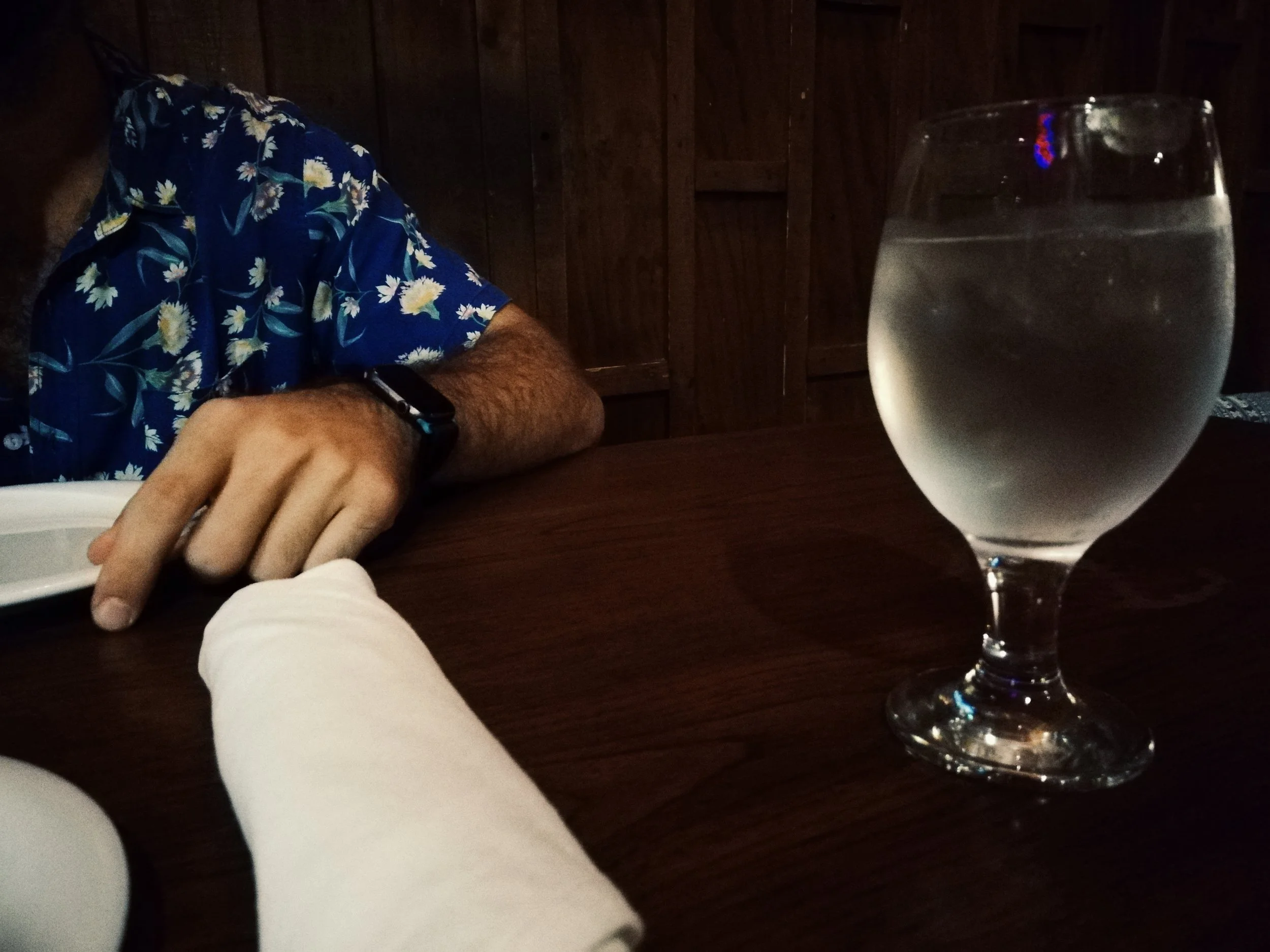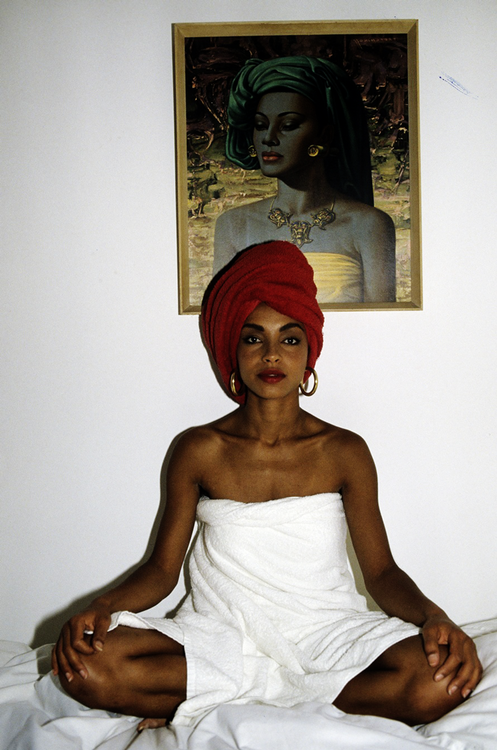On Opposite Sides of the Same Fence
A conversation between women on women’s reproductive rights
On January 22, 1973, the U.S. Supreme Court adjourned after having heard the case of Roe v. Wade. Women across the nation were soon informed that access to safe and legal abortion procedures had become a constitutional right. This ruling was passed as a healthcare measure. Before abortions were granted judicial amnesty, illegal abortions across the nation – predominantly in rural and low-income communities – were the cause of at least 1 in 6 pregnancy-related deaths. Because if a woman had arrived at the formidable decision that she was not going to keep the baby, she was going to satisfy the demands of that decision whether there was a reputable facility available for her to do so or not.
Last year, I met a 30 and some year old pro-lifer on a university campus. She was a full time social worker and a staunch part time activist. How we met? It had started to rain as I decided to make a mad dash across the campus towards the nearest awning, which she happened to be taking cover beneath. I don’t remember her name, but only that she looked a bit fatigued. Maybe worn-out from having to raise her voice so many times to simply not be heard. Her well-printed signs depicting bloody fetuses, tiny toes, and size comparisons of little ultrasonic babies to quarters strewn across the nearby lawn were soaked. As the only one within earshot, I let her seize the opportunity to subtly get back up on her soapbox.
After hearing her five-minute spiel, I returned the favor by becoming quite vulnerable with her. I told her that I had a half-sister courtesy of my father. I told her that she was considered for abortion because she was the result of a poor, very impulsive decision made between a man and a woman who were not in a position to raise a child together. I told her my half-sister had it pretty rough growing up. My father didn’t take it very well when she came out of the closet and I don’t know if her mother took it any better. And although I don’t know what her early childhood years were like because I met her when I was 11, I do know they weren’t easy by any means. My father was fairly absent. And over time, she and her mother developed a strained relationship. Though I’m sure she’s very happy to be here despite it all. On this planet enjoying this thing called life.
I waited for all of it to sink in then proceeded to ask her how she came to be a pro-life activist. Because most people don’t just jump into any form of free labor so passionately without some substantial emotional investment, right? Now, the answer may shock you.
She told me she and her younger sister were the products of rape. Products conceived under her parents’ very own roof. Her father was a violent, domestically abusive man. But, she said the reason she pickets against abortion is because she’s also incredibly grateful to be alive. It ever so briefly made me consider the possibility that what she was doing today on this college campus is part of her true calling. And I mean ever so briefly. Because it was followed by an immediate and inevitable wait just a second. If she adamantly believed she had to stand against something, why would she choose to picket women’s reproductive rights instead of domestic violence? It was a victimization that she and her sister had also endured. That seemed like the more logical conclusion to reach at the end of a string of deductive reasoning. But, most people aren’t driven by rationale. We’re all proud possessors of prehistoric brains mostly driven by hearts, which are fueled by feelings. And, as we all know, feelings can be messy. Especially when they’re traumatic in magnitude. Logic only comes into play in an attempt to make sense of some beach hair knot sized mess of emotions. She was upset that she, like others who were the products of domestically abusive households, may not have come into existence had abortion been considered. Although I’m not entirely sure it was an option under her mother’s circumstances. Yet, she was still adamantly marching against it. She was marching against its existence as a safe and legal option for women. She was marching against its existence as an option period. Thereby, paradoxically marching for further restriction of her mother’s previously available choices and those of today’s women still living under tyrannical roofs. People can be walking paradoxes. I don’t advocate for it, but I accept that they can be. For maybe. Just maybe. In some way I am, too.



